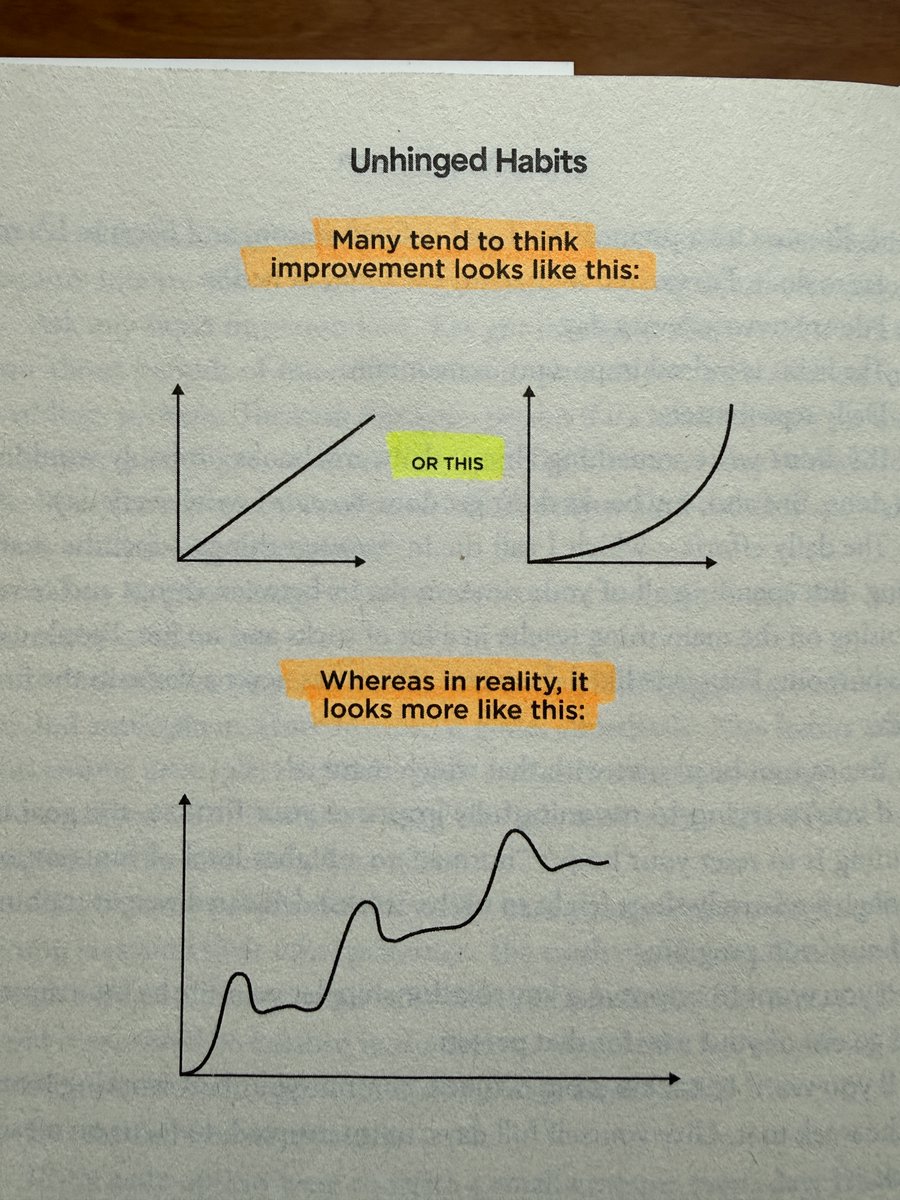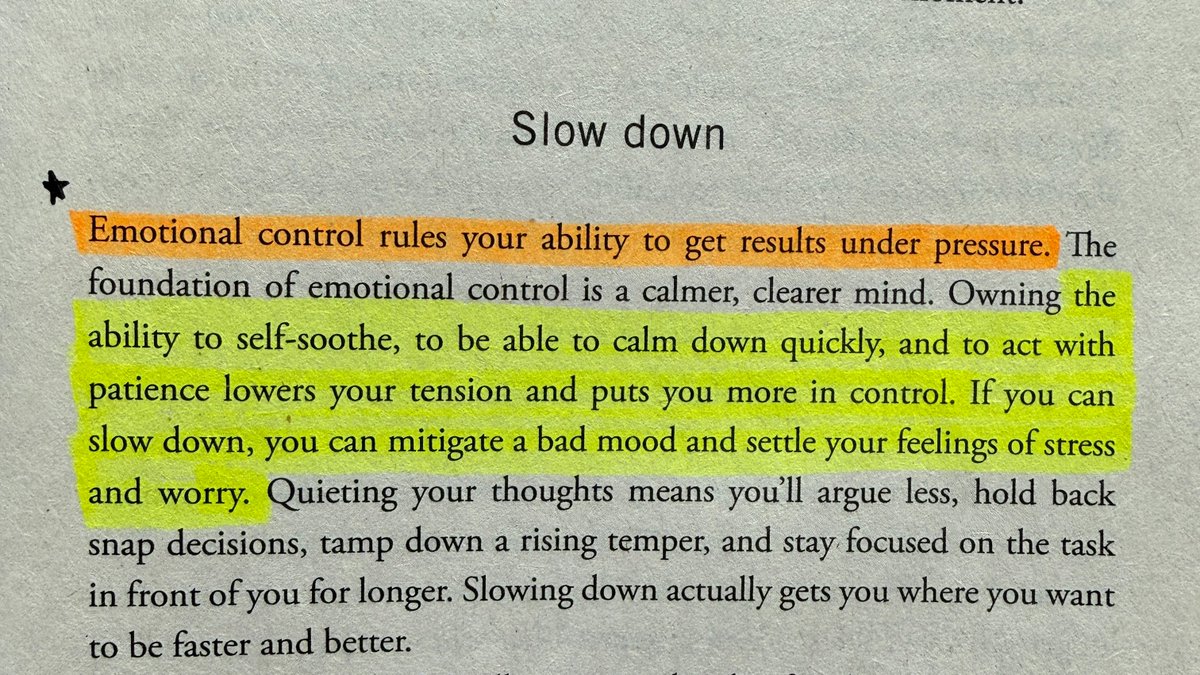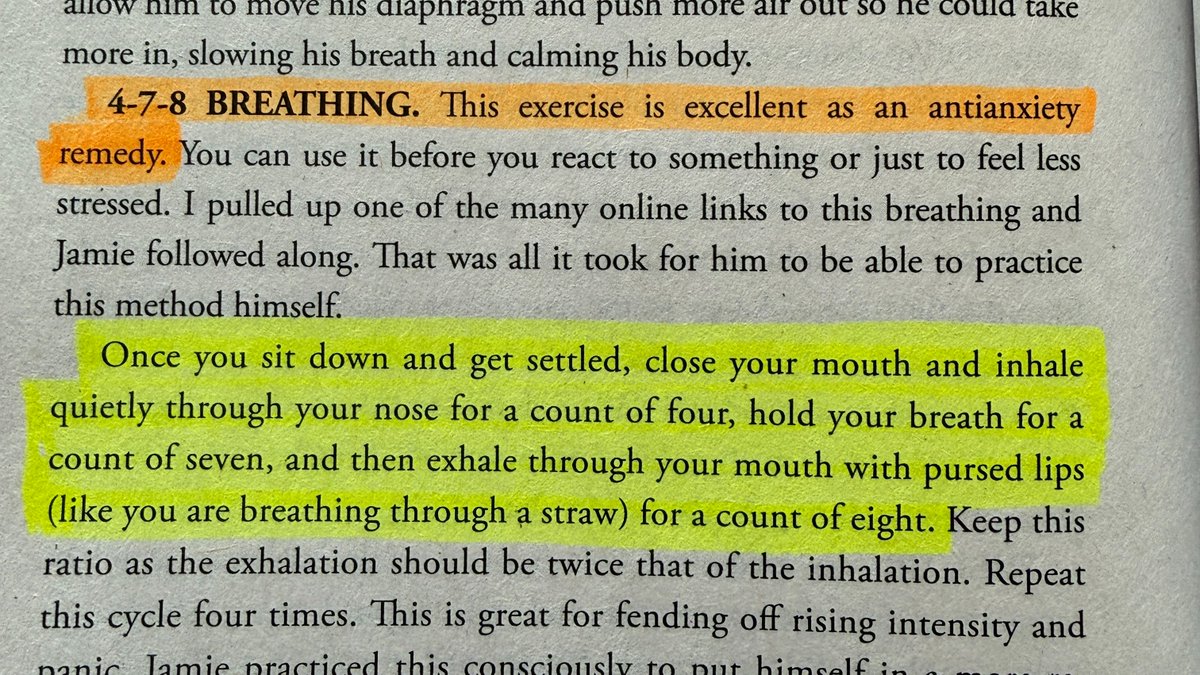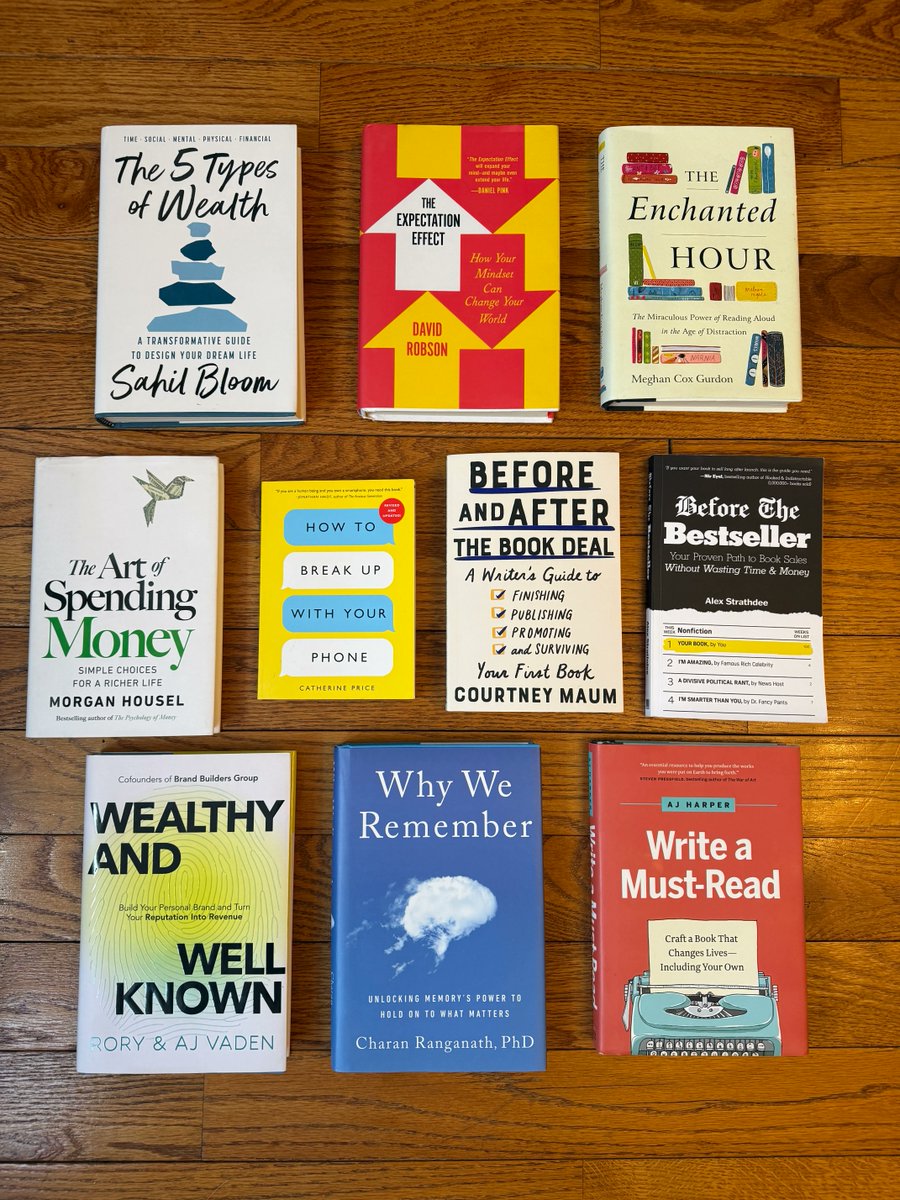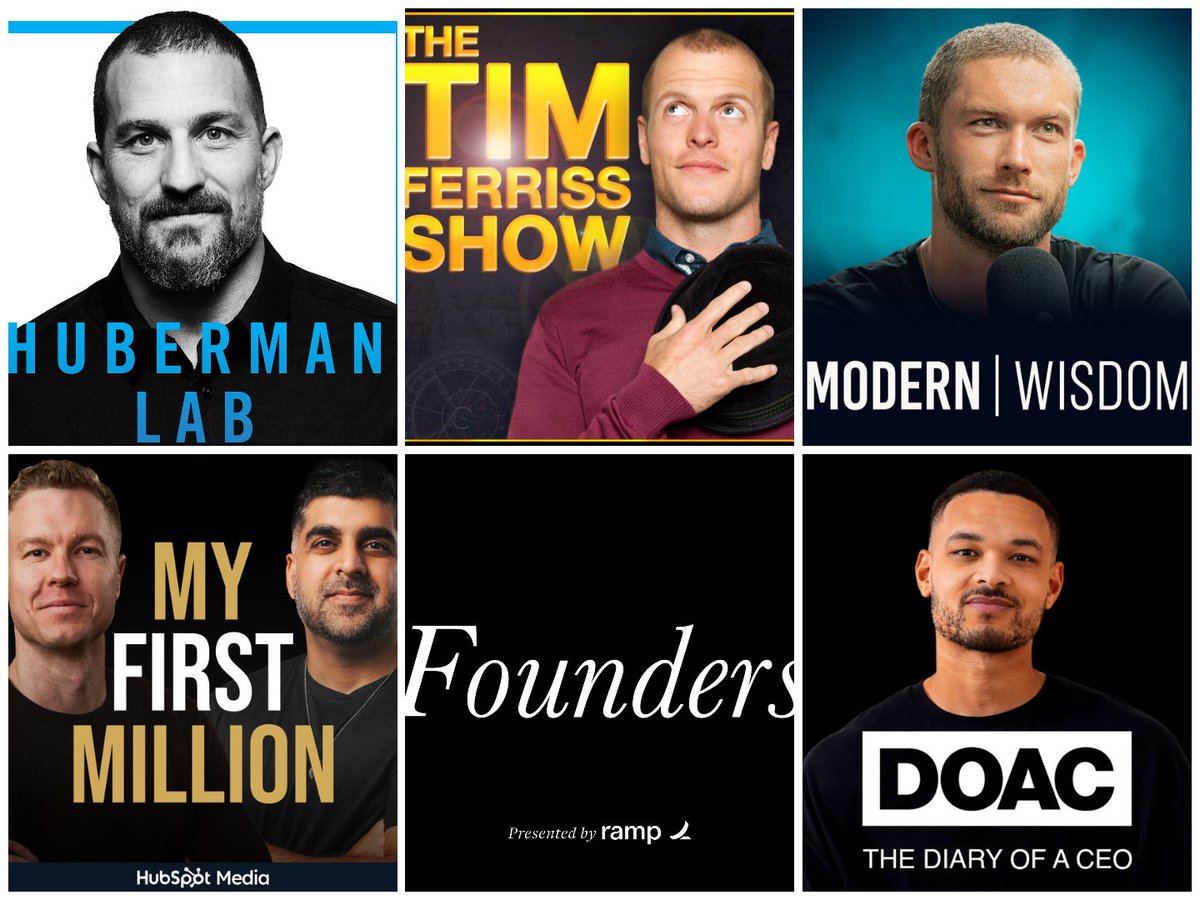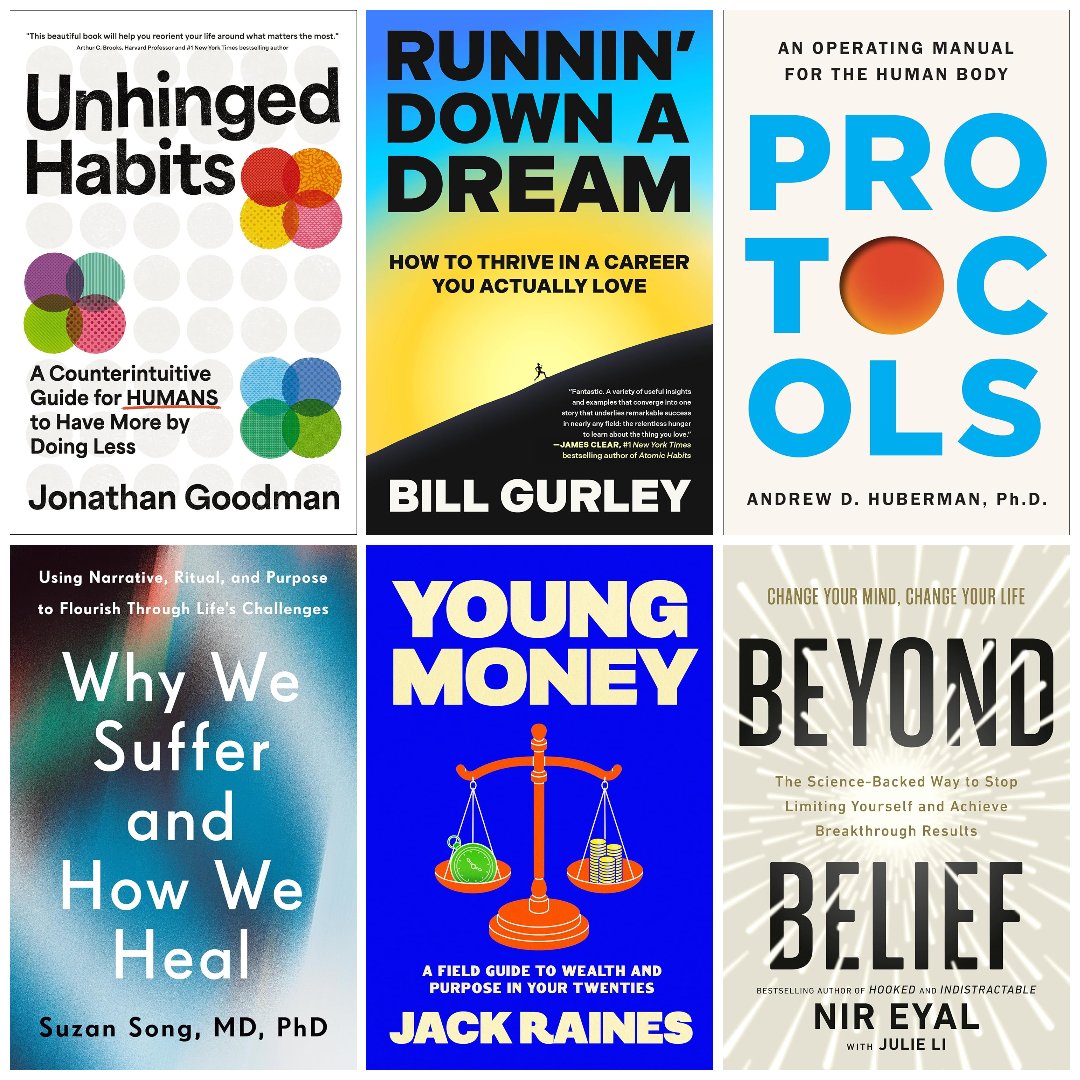This is @paraschopra.
He's built 2 successful companies and bootstrapped one to $45M+ in annual revenue.
Here are 11 helpful reading tips from him:
1) First thing you should introspect is *why* you read. For me, the point of reading books is to not remember the facts but to form useful mental models that I can deploy in my future thinking.
2) Clarity on your reason for reading will help you guide on how to get the most out of the time you invest in reading.
3) The goal of gaining personal insights and building mental models suddenly vaporizes common anxieties with reading books: It's OK to drop books in between, if you're not gaining anything from it. Remember: the point is not to finish books, but to learn.
4) It's OK to spoil books with pen and paper marks. In fact, I recommend marking anything of interest. Underlining is a cue for the brain to pay extra attention to the part that's being underlined.
5) It's easy to get fooled into thinking that you're learning when you're reading books.
Reading != learning.
Learning happens when you've digested and internalized the idea from many angles, and have made it your own. That takes an active effort beyond reading.
6) So what is to be done for learning from books? What works for me: summarizing key insights and ideas from the book in my own words. Just copy-pasting or typing underlined sentences is not enough.
7) I feel I haven't learned from a book until I'm able to explain to myself and others the key concepts and mental models contained in it as well as the author. It's a high bar, but that's what I aspire to for each book that I read.
8) Do not wait until the end of the book to write down your notes. Do it after each major section or chapter. If you postpone till the end, either you'll get lazy or forget/miss a major idea. Your notes create value for others too if you blog/tweet them.
9) All this sounds like a lot of work, and it is. But remember: the point is not to finish books but to build new mental models. As a thumb rule: spend as much time writing your notes (in your own words) from the book as you'd spend reading it.
10) Take your time in searching for challenging books. A simple heuristic to know whether a book was good: are you thinking differently about the world after reading it? If not, the book was mental junk food.
11) Last tip: with each new book, increase the difficulty level of the book. It's damn convenient for the brain to chew on 'How to do XYZ' books one after another. Majority of books in the business section belong to the easy category. Know that they have diminishing returns.
He's built 2 successful companies and bootstrapped one to $45M+ in annual revenue.
Here are 11 helpful reading tips from him:
1) First thing you should introspect is *why* you read. For me, the point of reading books is to not remember the facts but to form useful mental models that I can deploy in my future thinking.
2) Clarity on your reason for reading will help you guide on how to get the most out of the time you invest in reading.
3) The goal of gaining personal insights and building mental models suddenly vaporizes common anxieties with reading books: It's OK to drop books in between, if you're not gaining anything from it. Remember: the point is not to finish books, but to learn.
4) It's OK to spoil books with pen and paper marks. In fact, I recommend marking anything of interest. Underlining is a cue for the brain to pay extra attention to the part that's being underlined.
5) It's easy to get fooled into thinking that you're learning when you're reading books.
Reading != learning.
Learning happens when you've digested and internalized the idea from many angles, and have made it your own. That takes an active effort beyond reading.
6) So what is to be done for learning from books? What works for me: summarizing key insights and ideas from the book in my own words. Just copy-pasting or typing underlined sentences is not enough.
7) I feel I haven't learned from a book until I'm able to explain to myself and others the key concepts and mental models contained in it as well as the author. It's a high bar, but that's what I aspire to for each book that I read.
8) Do not wait until the end of the book to write down your notes. Do it after each major section or chapter. If you postpone till the end, either you'll get lazy or forget/miss a major idea. Your notes create value for others too if you blog/tweet them.
9) All this sounds like a lot of work, and it is. But remember: the point is not to finish books but to build new mental models. As a thumb rule: spend as much time writing your notes (in your own words) from the book as you'd spend reading it.
10) Take your time in searching for challenging books. A simple heuristic to know whether a book was good: are you thinking differently about the world after reading it? If not, the book was mental junk food.
11) Last tip: with each new book, increase the difficulty level of the book. It's damn convenient for the brain to chew on 'How to do XYZ' books one after another. Majority of books in the business section belong to the easy category. Know that they have diminishing returns.

• • •
Missing some Tweet in this thread? You can try to
force a refresh



